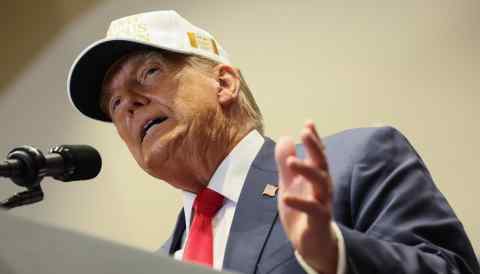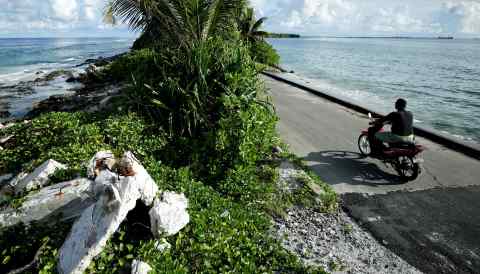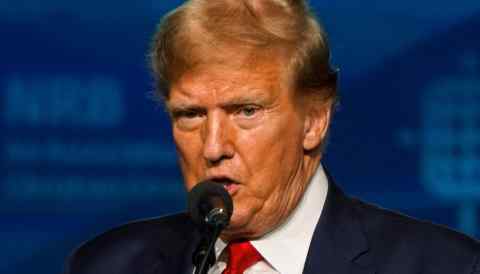
WASHINGTON -- When Adm. Philip Davidson told Congress in March 2021 that China may take military action against Taiwan "in the next six years," 2027 became known as the "Davidson timeline." The words of the then-leader of the U.S. Indo-Pacific Command were perceived to be based on intelligence and dominated the discussions in Washington.
Last week, U.S. President Joe Biden's pick to be the next Indo-Pacom commander, Adm. Samuel Paparo, told Congress that the 2027 timeline is "nothing other than the 100th anniversary of the People's Liberation Army," and that the U.S. military, in general, always must be ready to respond.











